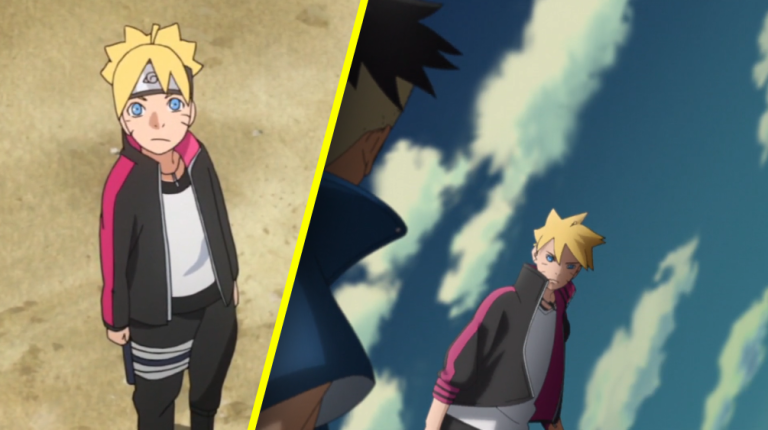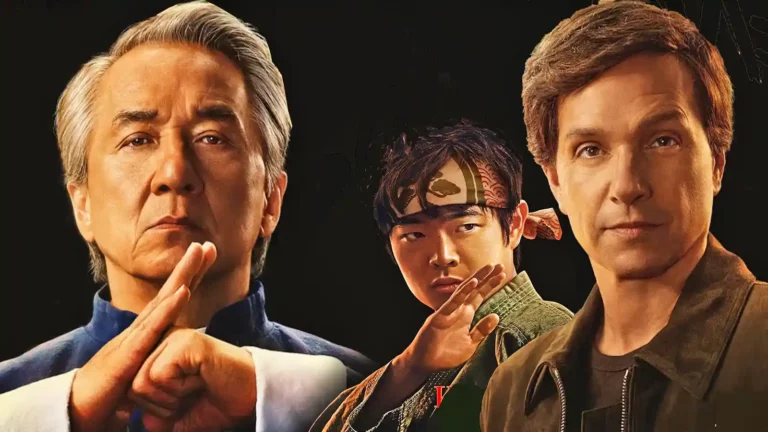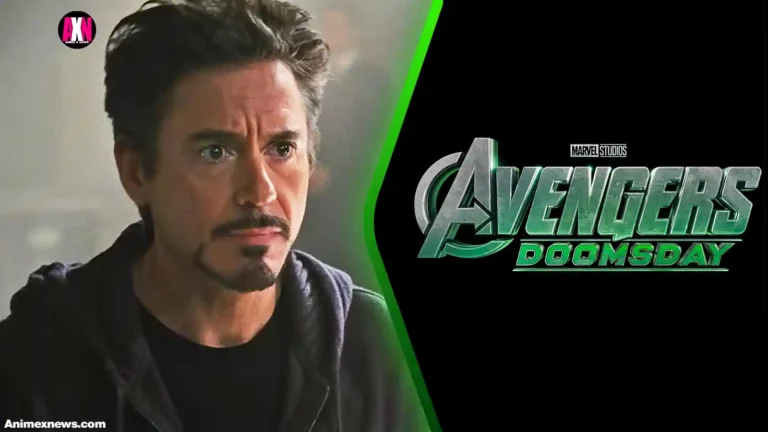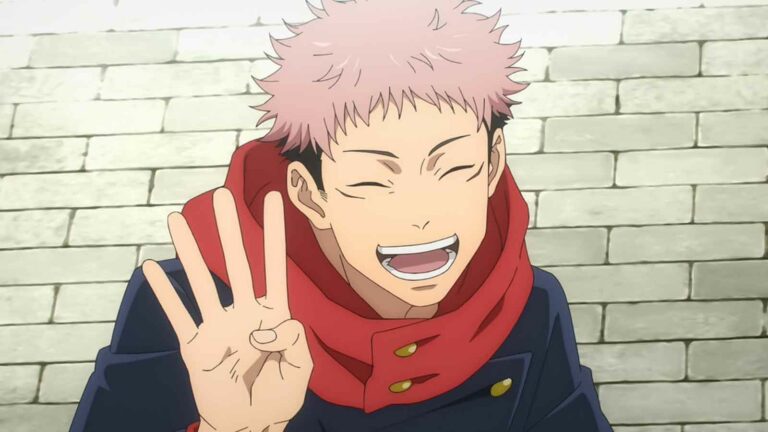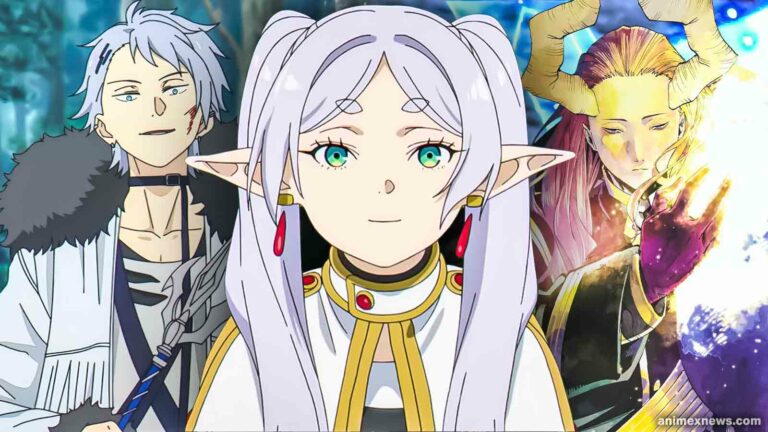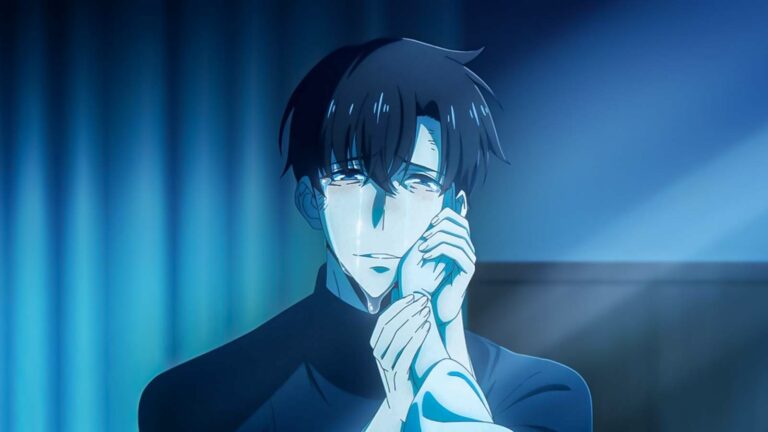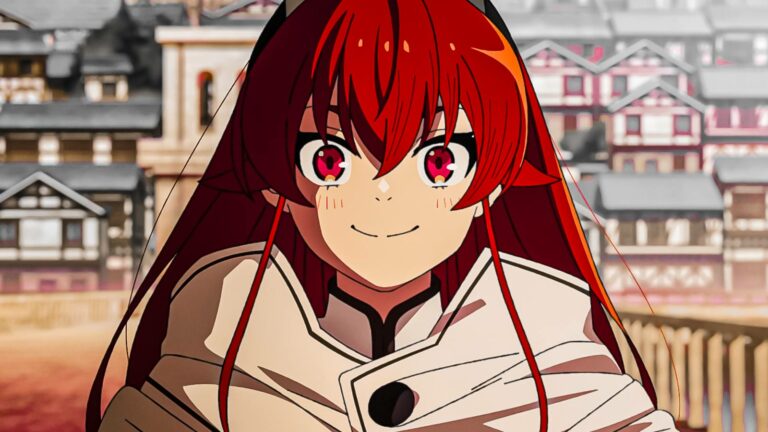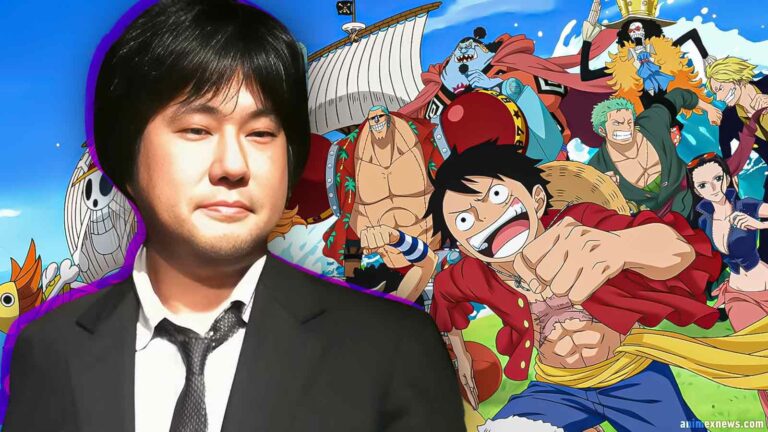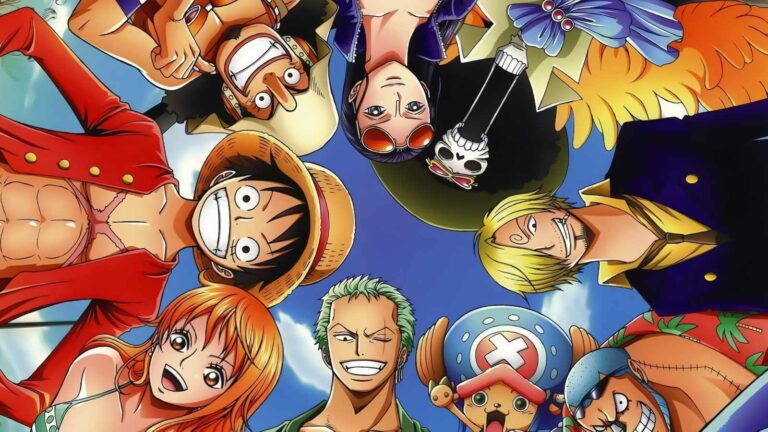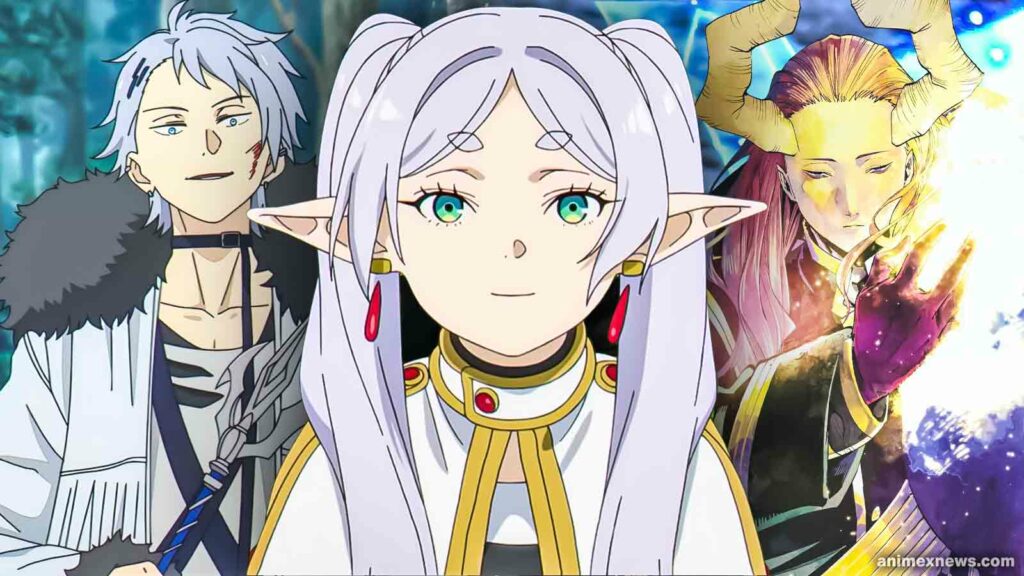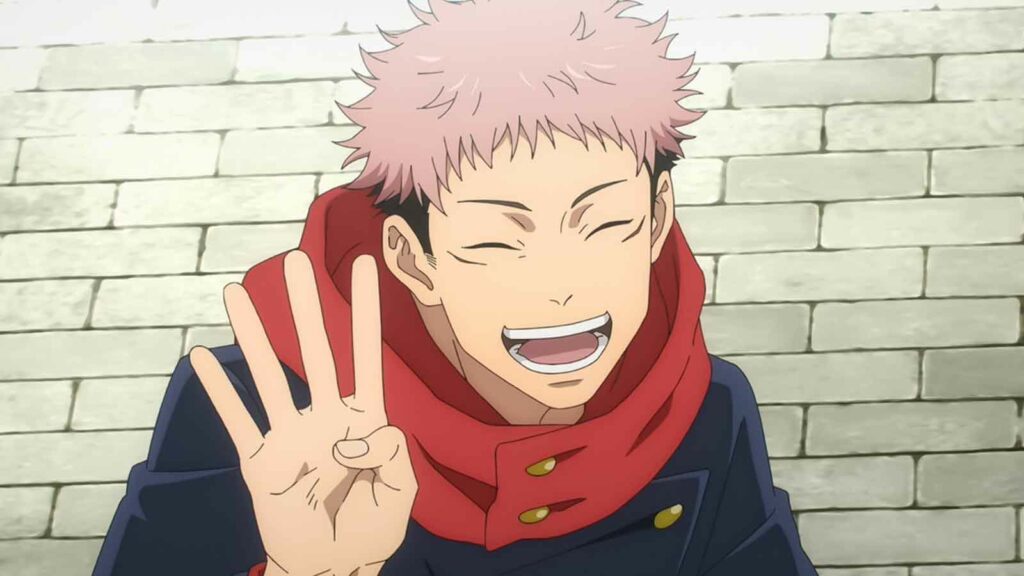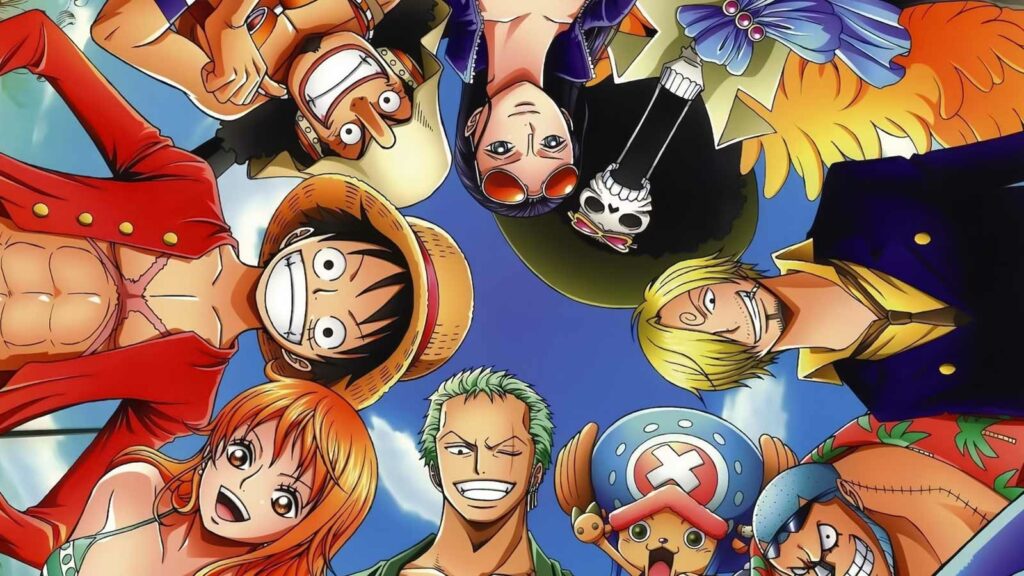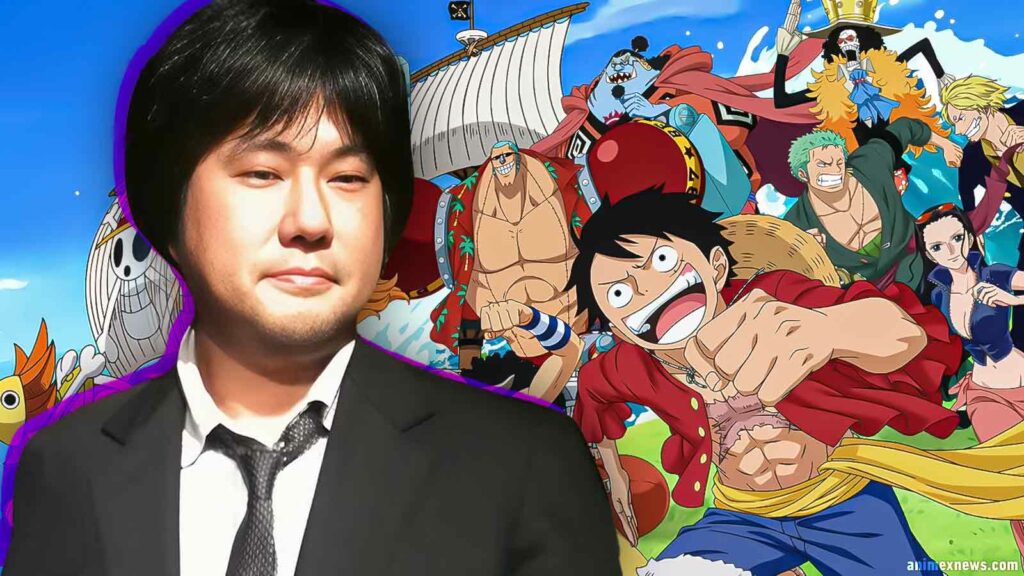The anime series Boruto: Naruto Next Generations has been a topic of heated debate among anime fans since its debut in 2017. As a sequel to the beloved Naruto series, it had big shoes to fill, yet it has often been labeled as “trash” by critics and fans alike. Despite its popularity and ongoing run, Boruto has struggled to escape the shadow of its predecessor. This article explores the reasons why Boruto is often criticized and why it might continue to be a divisive series.
The Burden of Legacy
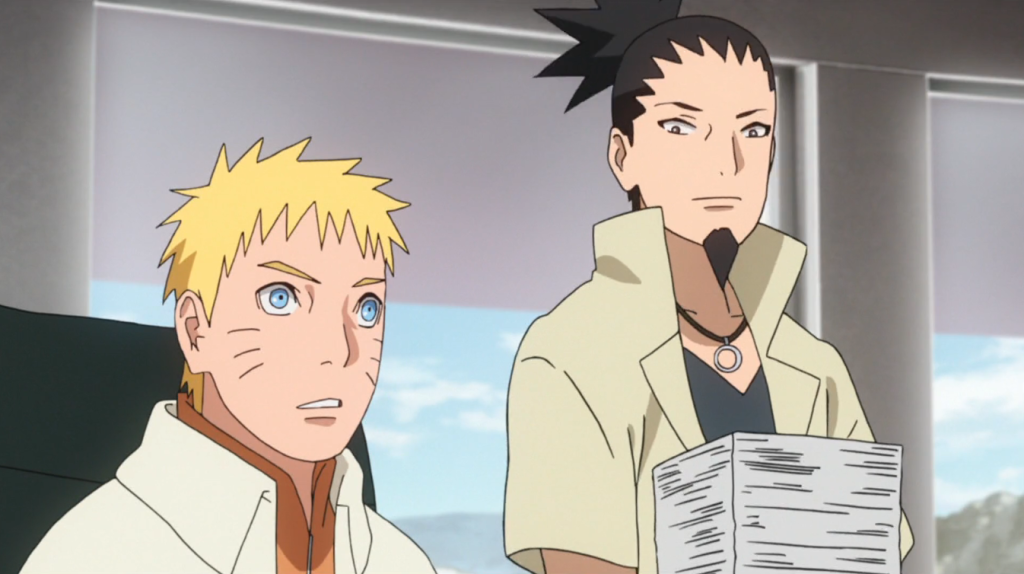
One of the primary reasons Boruto faces criticism is its connection to Naruto. Fans of the original series had high expectations for the sequel, hoping it would capture the same magic. However, many feel that Boruto fails to live up to its predecessor’s legacy. The original Naruto series was praised for its compelling character development, intricate plotlines, and emotional depth. In contrast, Boruto is often seen as lacking in these areas, leading to disappointment among long-time fans[1][2].
Excessive Filler Episodes
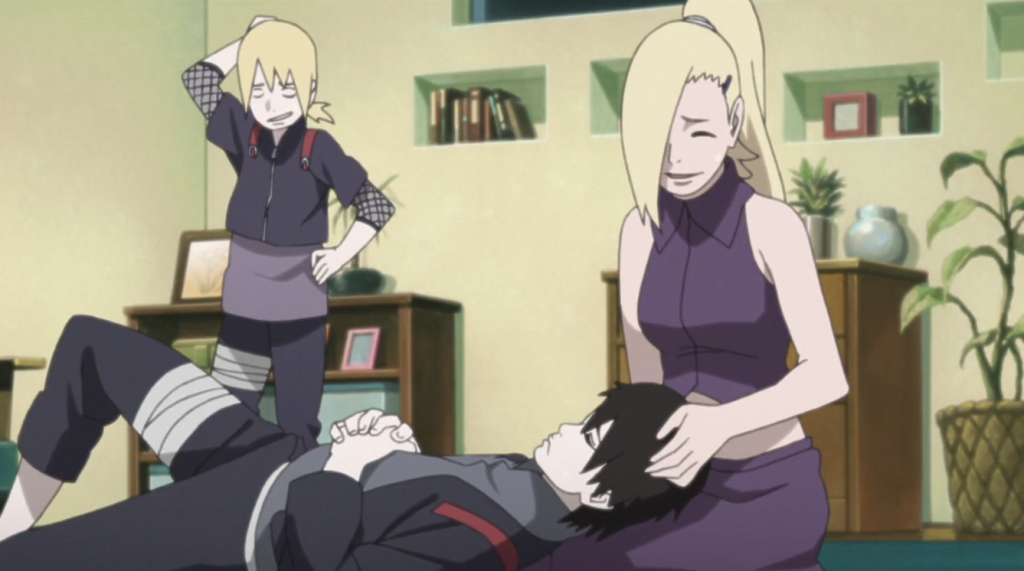
Another major point of contention is the excessive filler content in the Boruto anime. Fillers are episodes that do not contribute to the main storyline and are often used to give the manga time to get ahead of the anime. While Naruto was also notorious for its fillers, Boruto seems to have taken this to another level, with many episodes being labeled as unnecessary or irrelevant. This has led to frustration among viewers who feel the series is padded with content that detracts from the overall narrative.
Inconsistent Quality
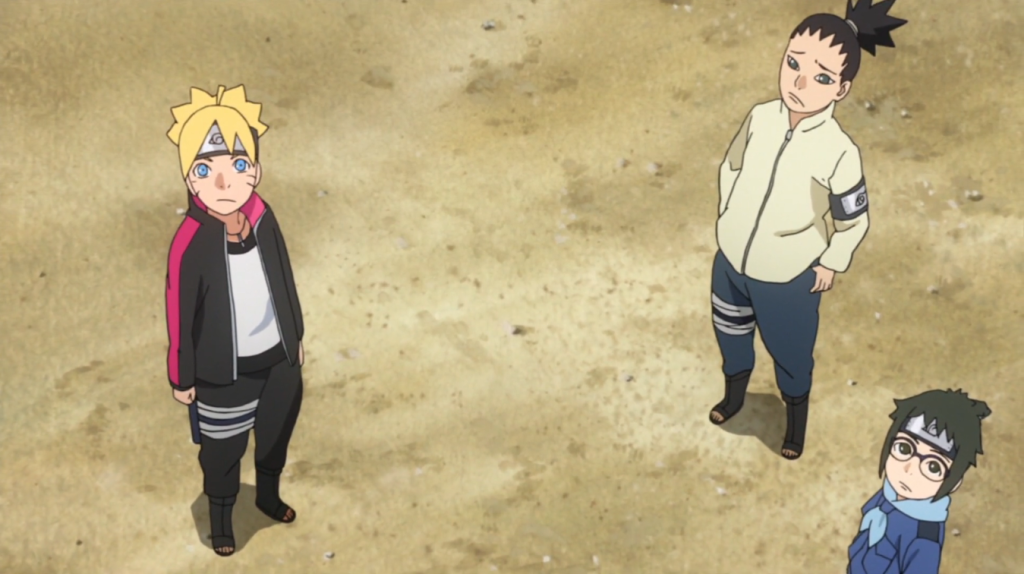
The quality of Boruto’s animation and storytelling has also been inconsistent. While some episodes boast high-quality animation and engaging plots, others fall short, leading to a disjointed viewing experience. This inconsistency can be attributed to the challenges of producing a weekly anime, where time constraints often affect the final product. In comparison, other popular series like My Hero Academia and Attack on Titan benefit from more time and resources, resulting in a more polished presentation.
Character and Plot Criticisms
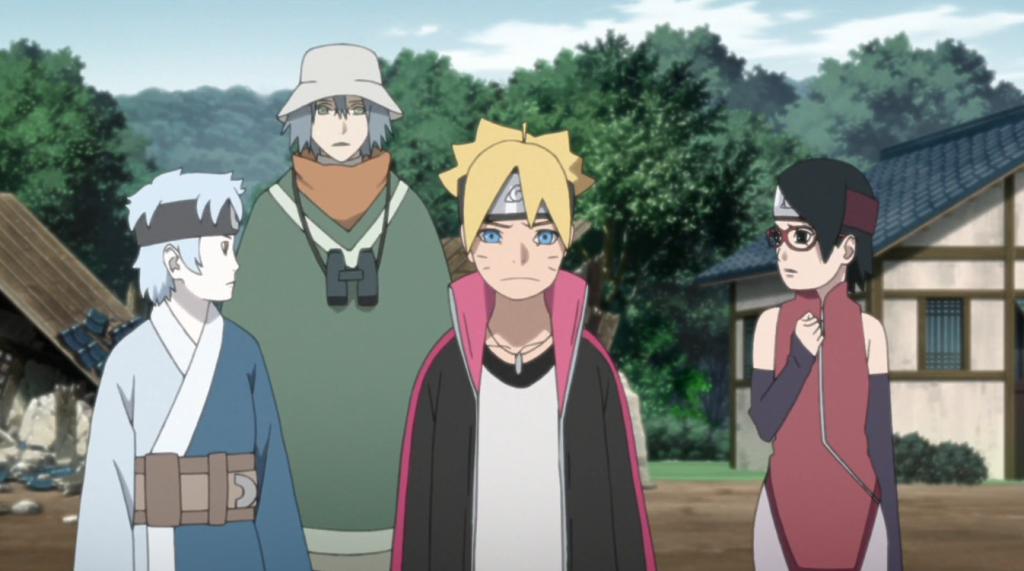
Critics of Boruto often point to its characters and plot as being derivative or unoriginal. Many characters in Boruto are seen as mere copies of their predecessors, lacking the unique traits that made the original cast so beloved. Additionally, the plot is sometimes criticized for recycling themes and story arcs from *Naruto*, with only minor updates or twists. This has led to a perception that Boruto is more of a rehash than a fresh continuation of the story.
The Role of Nostalgia
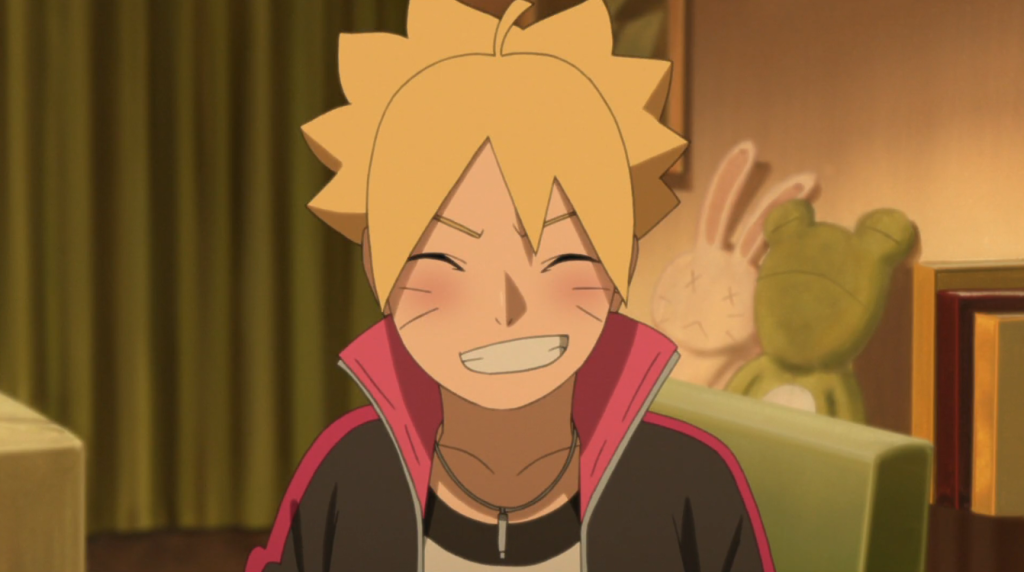
Nostalgia plays a significant role in how Boruto is perceived by fans of the original series. Naruto was a defining part of many viewers’ childhoods and teenage years, creating a deep emotional connection that Boruto struggles to replicate. The nostalgia for the original series often leads to comparisons that are not always favorable for Boruto. Fans who grew up with Naruto may find it difficult to accept Boruto as a worthy successor, as it doesn’t evoke the same feelings or memories.
The Challenge of New Generation Characters
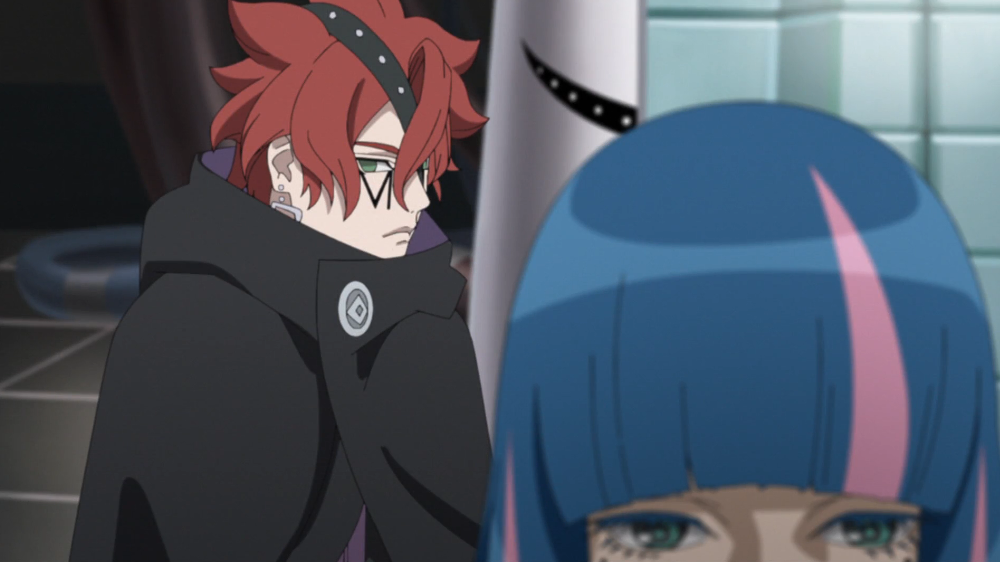
The introduction of a new generation of characters in Boruto, including the titular character Boruto Uzumaki, has been met with mixed reactions. While some fans appreciate the fresh perspectives and new dynamics, others feel that these characters lack the depth and complexity of the original cast. Boruto himself is often criticized for being a less compelling protagonist compared to his father, Naruto. This generational shift is a double-edged sword, as it aims to bring in new fans while retaining the old, but often falls short of satisfying either group completely.
Attempts at Innovation
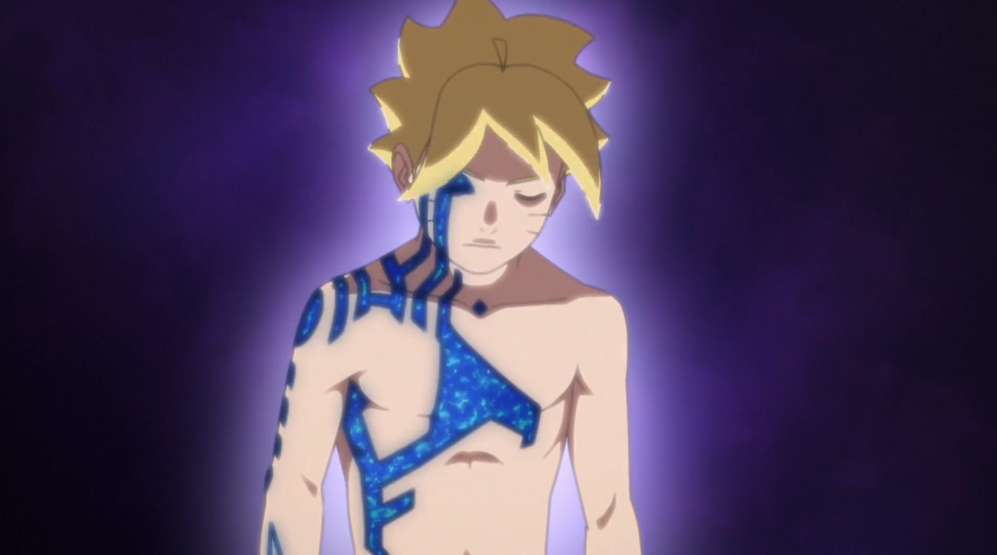
Despite the criticisms, Boruto has made efforts to innovate and expand the universe created by Naruto. The series explores new themes, such as the impact of technology on ninja society and the challenges of living in a world that has largely achieved peace. These themes offer a fresh take on the ninja world, providing a backdrop for new conflicts and character development. However, these innovations are sometimes overshadowed by the series’ other shortcomings, making it difficult for them to be fully appreciated.
The Future of Boruto
Looking ahead, Boruto faces the challenge of maintaining its relevance in a rapidly evolving anime landscape. The series must balance honoring its roots with Naruto while forging its own identity. This involves addressing the criticisms it faces, such as reducing filler content, improving storytelling consistency, and developing its characters more deeply. If Boruto can successfully navigate these challenges, it has the potential to carve out its legacy separate from its predecessor.
Despite the criticism, Boruto has its share of dedicated fans who appreciate its attempts to expand the Naruto universe and develop new stories. However, the series’ struggles with legacy, fillers, quality, and originality continue to fuel debates about its merit. Whether Boruto can overcome these challenges remains to be seen, but it will always be a polarizing series within the anime community.
What do you think about Boruto? Is it deserving of the criticism, or does it have redeeming qualities that are often overlooked? Share your thoughts in the comments below!

